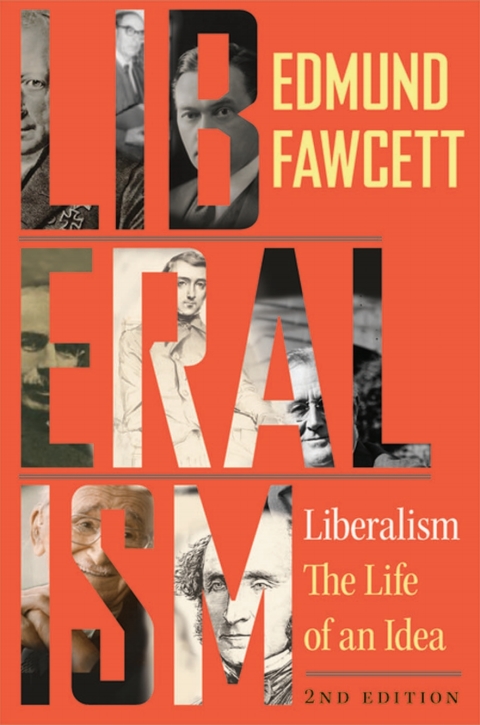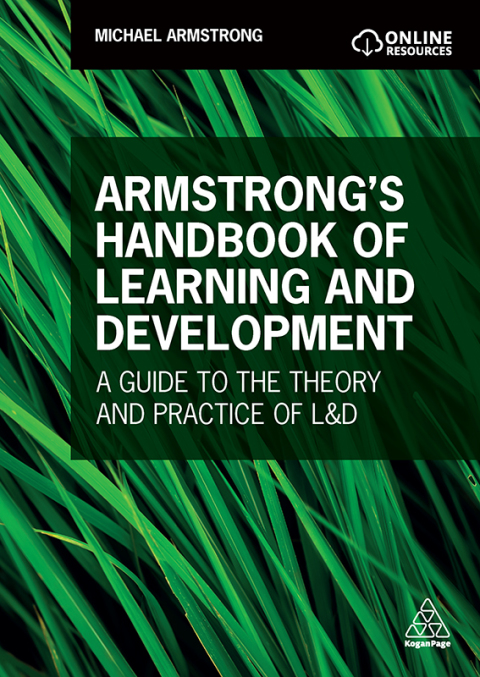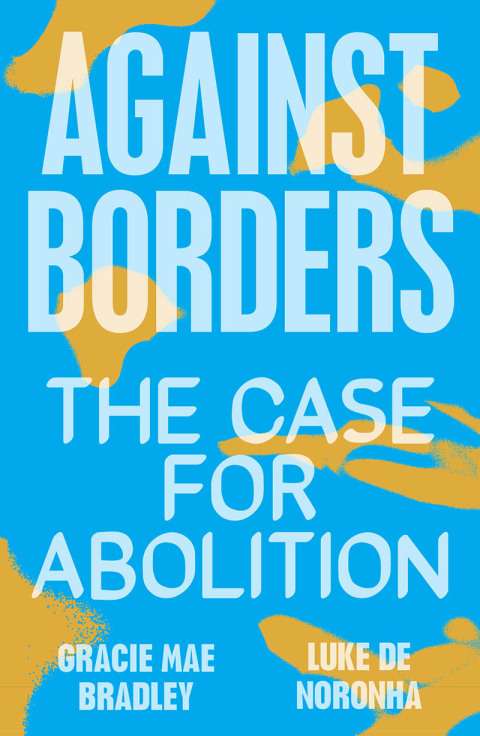Description
Efnisyfirlit
- Title
- Copyright
- Dedication
- CONTENTS
- Preface to the Second Edition
- Acknowledgments
- INTRODUCTION The Practice of Liberalism
- PART ONE THE CONFIDENCE OF YOUTH (1830–1880)
- 1 Historical Setting in the 1830s: Thrown into a World of Ceaseless Change
- 2 Guiding Thoughts from Founding Thinkers: Conflict, Resistance, Progress, and Respect
- i. Humboldt and Constant: Releasing People’s Capacities and Respecting Their Privacy
- ii. Guizot: Taming Conflict without Arbitrary Power
- iii. Tocqueville and Schulze-Delitzsch: The Modern Powers of Mass Democracy and Mass Markets
- iv. Chadwick and Cobden: Governments and Markets as Engines of Social Progress
- v. Smiles and Channing: Personal Progress as Self-Reliance or Moral Uplift
- vi. Spencer: Liberalism Mistaken for Biology
- vii. J. S. Mill: Holding Liberalism’s Ideas Together
- 3 Liberalism in Practice: Four Exemplary Politicians
- i. Lincoln: The Many Uses of “Liberty” in the Land of Liberty
- ii. Laboulaye and Richter: Tests for Liberals in Semiliberal Regimes
- iii. Gladstone: Liberalism’s Capaciousness and the Politics of Balance
- 4 The Nineteenth-Century Legacy: Liberalism without Caricature
- i. Respect, “the Individual,” and the Lessons of Toleration
- ii. The Achievements That Gave Liberals Confidence
- PART TWO LIBERALISM IN MATURITY AND THE STRUGGLE WITH DEMOCRACY (1880–1945)
- 5 Historical Setting in the 1880s: The World Liberals Were Making
- 6 The Compromises That Gave Us Liberal Democracy
- i. Political Democracy: Liberal Resistance to Suffrage Extension
- ii. Economic Democracy: The “New Liberalism” and Novel Tasks for the State
- iii. Ethical Democracy: Letting Go Ethically and the Persistence of Intolerance
- 7 The Economic Powers of the Modern State and Modern Market
- i. Walras, Marshall, and the Business Press: Resisting the State on Behalf of Markets
- ii. Hobhouse, Naumann, Croly, and Bourgeois: Resisting Markets on Behalf of Society
- 8 Damaged Ideals and Broken Dreams
- i. Chamberlain and Bassermann: Liberal Imperialism
- ii. Lloyd George, Clemenceau, and Wilson: Liberal Hawks of 1914–1918
- iii. Alain, Baldwin, and Brandeis: Liberal Dissent and the Warfare State
- iv. Stresemann: Liberal Democracy in Peril
- v. Keynes, Fisher, and Hayek (i): Liberal Economists in the Slump
- vi. Hoover and Roosevelt: Forgotten Liberal and Foremost Liberal
- 9 Thinking about Liberalism in the 1930s–1940s
- i. Lippmann and Hayek (ii): Liberals as Antitotalitarians
- ii. Popper: Liberalism as Openness and Experiment
- PART THREE SECOND CHANCE AND SUCCESS (1945–1989)
- 10 Historical Setting after 1945: Liberal Democracy’s New Start
- 11 New Foundations: Rights, a Democratic Rule of Law, and Welfare
- i. Drafters of the 1948 Declaration of Human Rights: Liberal Democracy Goes Global
- ii. German Postwar Liberals: The 1949 Basic Law as Liberal Democracy’s Exemplary Charter
- iii. Beveridge: Liberalism and Welfare
- 12 Liberal Thinking after 1945
- i. Oakeshott and Berlin: Letting Politics Alone and “Negative” Liberty
- ii. Hayek (iii): Political Antipolitics
- iii. Orwell, Camus, and Sartre: Liberals in the Cold War
- iv. Rawls: Justifying Liberalism
- v. Nozick, Dworkin, and MacIntyre: Responses to Rawls, Rights, and Community
- 13 The Breadth of Liberal Politics in the 1950s– 1980s
- i. Mendès- France, Brandt, and Johnson: Left Liberalism in the 1950s–1960s
- ii. Buchanan and Friedman: Liberal Economists against the State
- iii. Thatcher, Reagan, Mitterrand, and Kohl: Right Liberalism in the 1970s–1980s
- PART FOUR LIBERAL DREAMS AND NIGHTMARES IN THE TWENTY-FIRST CENTURY
- 14 Two Decades That Shook Liberal Democracy
- i. The Rise of the Hard Right
- ii. Economic Discontents
- iii. Geopolitical Loneliness
- iv. Nationhood, Citizenship, and Identity
- v. Intellectual Doubts and Disaffection
- 15 The Primacy of Politics
- Works Consulted
- Name Index
- Subject Index





